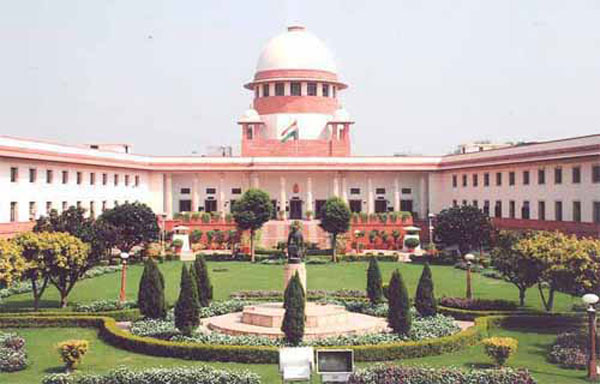Although the law is obvious that promises made in an election manifesto cannot be construed as a ‘corrupt practice’ under Section 123 of the Representation of the People Act, the reality is that distribution of freebies of any kind undoubtedly influences all people and it affects the level-playing field, the Supreme Court said on Friday. A Bench of Justices P. Sathasivam and Ranjan Gogoi said: “Freebies shake the root of free and fair elections to a large degree.” Considering that “there is no enactment that directly governs the contents of the manifesto,” the Bench directed the Election Commission to frame guidelines for the same in consultation with all recognised parties. A separate head for manifesto guidelines could be included in the Model Code of Conduct for the Guidance of Political Parties and Candidates.
The judges said, “We are mindful of the fact that generally parties release their manifesto before the announcement of the election date: in that scenario, strictly speaking, the Election Commission will not have the authority to regulate any act which is done before the announcement of the date. Nevertheless, an exception can be made in this regard as the purpose of the manifesto is directly associated with the election process.”
The Bench directed the Commission to take up this task as early as possible considering its importance. It recorded the need for a separate law, to be passed by the legislature, in this regard for governing the political parties. Referring to the offer of TV sets, the court said: “It is not in dispute that television is a widely used telecommunication medium for receiving moving images. Today, television has a lot of positive effects and influences on our society and culture. Television gives helpful information and it is not an equipment aimed for entertainment alone. The State [Tamil Nadu] government has also asserted that the purpose of distributing colour television sets is not restricted to providing recreation but [extends] to provide general knowledge to the people, more particularly, to the household women … .”
Hence, “we are not inclined to agree with the argument of the appellant that giving of colour TVs, laptops, mixer-grinders, etc, by the government after adhering to due process is not an expense for public purpose. Judicial interference is permissible when the action of the government is unconstitutional and not when such action is not wise or that the extent of expenditure is not for the good of the state. All such questions must be debated and decided in the legislature and not in court.”

